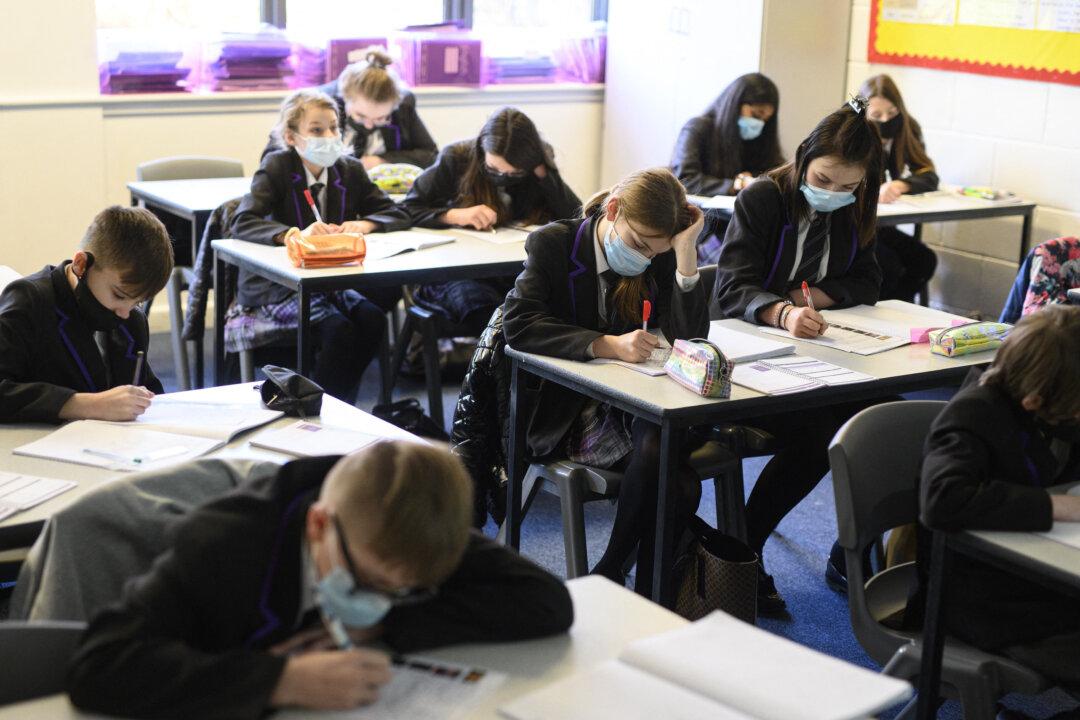More pupils have been missing school on Fridays since the COVID-19 pandemic because parents tend to work from home on those days, a parliamentary committee was told.
An analysis of attendance data from before and after the pandemic suggests some pupils are now not going in to school on Fridays, a trend which did not exist before the pandemic, said Dame Rachel de Souza, the children’s commissioner for England.





